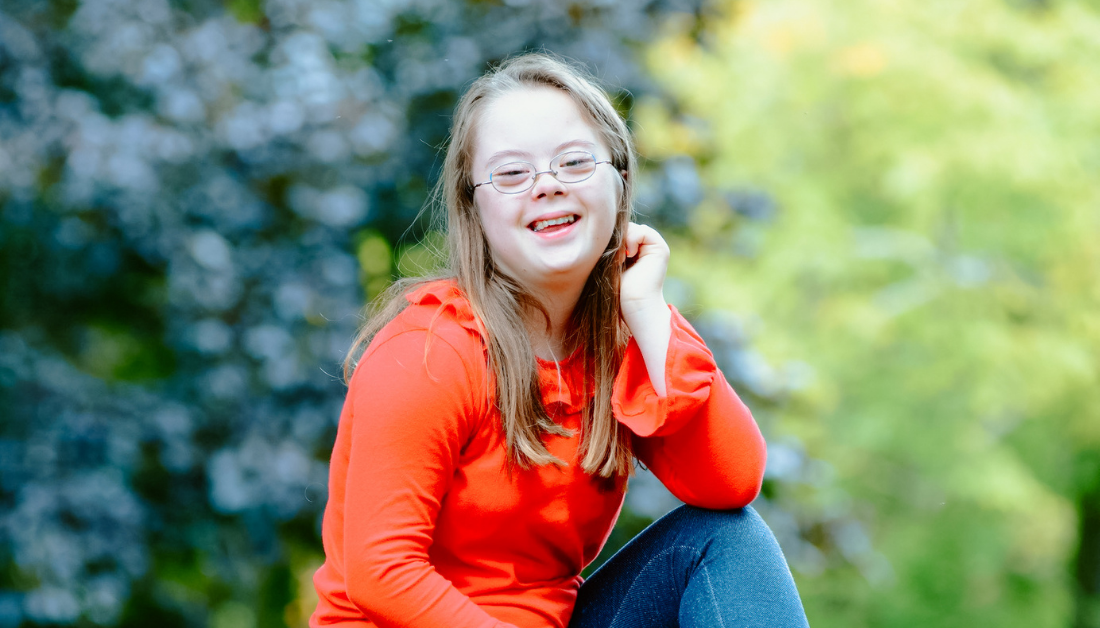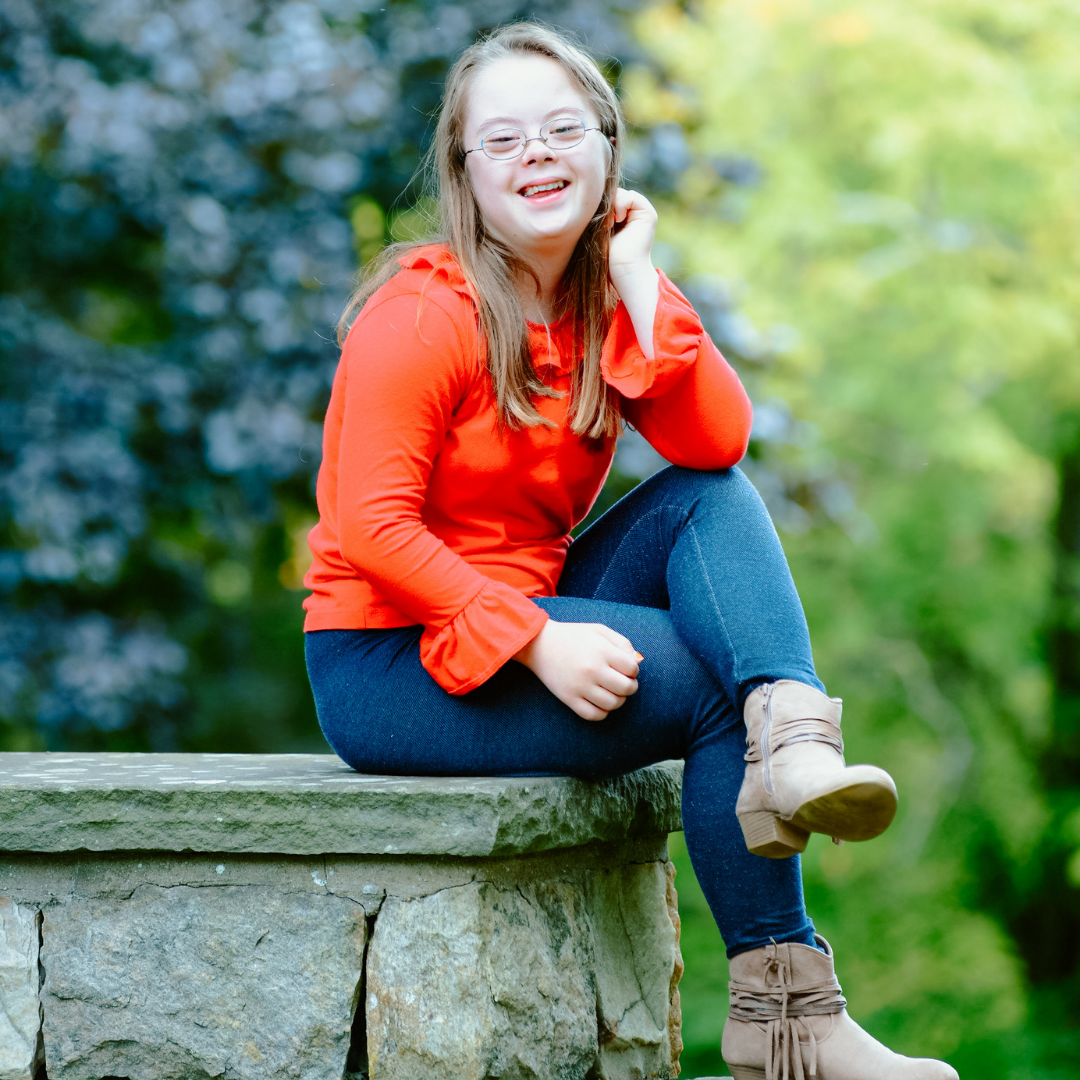 How did disability help me understand racism? I am white, married, educated, and affluent. Our daughter Penny was born into many of these same categories, and yet she was also diagnosed with Down syndrome at birth. She received a label of “disability” that seemed to set her apart as flawed. Disordered. Abnormal. Needy.
How did disability help me understand racism? I am white, married, educated, and affluent. Our daughter Penny was born into many of these same categories, and yet she was also diagnosed with Down syndrome at birth. She received a label of “disability” that seemed to set her apart as flawed. Disordered. Abnormal. Needy.
The idea that something was especially problematic about who Penny was did not align with our belief in God’s good creation of all human beings in His image. It also didn’t accord with our experience of delight as we watched Penny grow up.
Disability as a Social Construct
In time I learned that some people see disability as a “social construct.” The problem, in this view, is not the person with the disability. The problem is the society that cannot accommodate the disability. Based on this reasoning, Penny is not a defective version of humanity (any more than I am!).
Indeed, Penny helped me to understand our common humanity—our common flaws and our common gifts. But our social systems are structured to accommodate my “abled” way of being. Efficiency, productivity, and achievement are all valued in our culture over and above relationships and institutional structures that encourage mutual self-giving, corporate responsibility, and compassion.
Experiences of Disability and Racism
Experiencing the social stigma of disability and the social disadvantages and harms of racism are not the same, but they both come with experiences of exclusion and division. Penny, for example, was rejected from a preschool program as soon as the director heard that she had Down syndrome. Countless African-American families have experienced far graver rejections when applying for bank loans, trying to buy houses in “white” neighborhoods, and even applying for schools.
Harm of Exclusion
I’ve come to understand that the experience of exclusion harms everyone—those cut off from access to opportunity as well as those who are at the “center” of society and live in a perpetual cycle of anxious striving to maintain our exclusive status. Jesus offers a way through the walls, both the individual walls of personal separation and the institutional and structural walls.
Penny has helped me to see that the way through the walls is not tolerance or inclusion. The way through the walls is love.
Disability and Racism: The Way of Love
We need programs that address the structural injustices and inequities of our racialized nation. We need policies that ensure equal treatment under the law and equal access to education for people on the margins of our society—people of color, African Americans, people living in poverty, people with disabilities.
But we also need people who are willing to live out these policies and programs as an expression of the love that knits diverse people together. We need attitudes of mutual giving and receiving in order to celebrate our distinct identities amidst our common humanity.
Once Penny was in my life I realized that I valued people with intellectual ability more highly than others. At the same time, I began to see how valuable it was to love a child who didn’t have the same intellectual pursuits as me. Penny’s ability to be in the present moment, to express her feelings with physical touch instead of words, to slow down, to ask simple questions, to laugh at herself—all of these aspects of who she is exposed in me a desperate need for someone who doesn’t keep up on the news and read theology daily. Her intellectual differences opened my heart to more love.
For those of us who find ourselves at the center of our society, God is always inviting us to the margins so that we too can participate in an ongoing, healing work of love.
This article was first published as a newsletter for the Anabaptist Disabilities Network.
{Image: September 2019}
To go further with Amy Julia:
- Love is Stronger Than Fear | Season 3—White Picket Fences
- The Ordinary Goodness of a Life with Down Syndrome, Even Now
- What Having a Baby with Down Syndrome Taught Me About Distraction, Fear, and Love
If you haven’t already, please subscribe to receive regular updates and news. You can also follow me on Facebook, Instagram, and Twitter, and you can subscribe to my Love is Stronger Than Fear podcast on your favorite podcast platforms.




